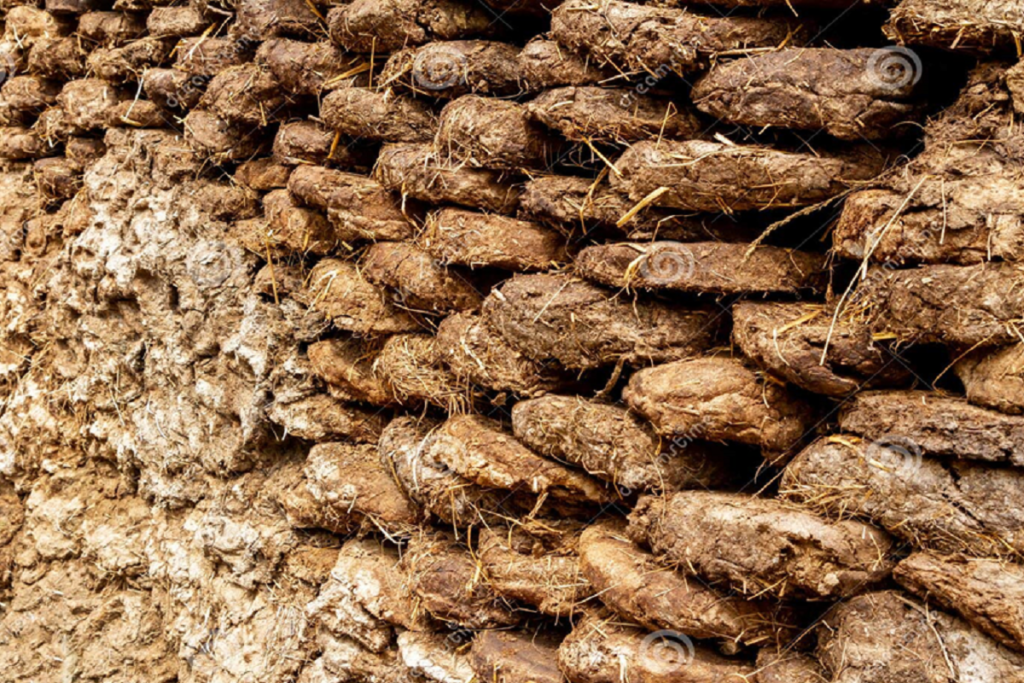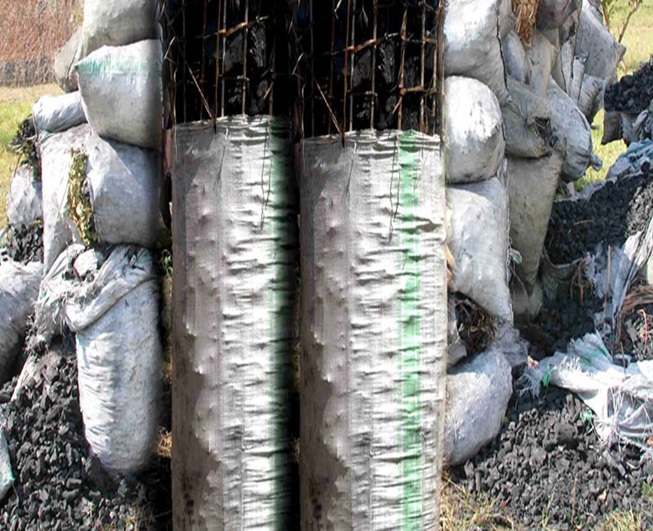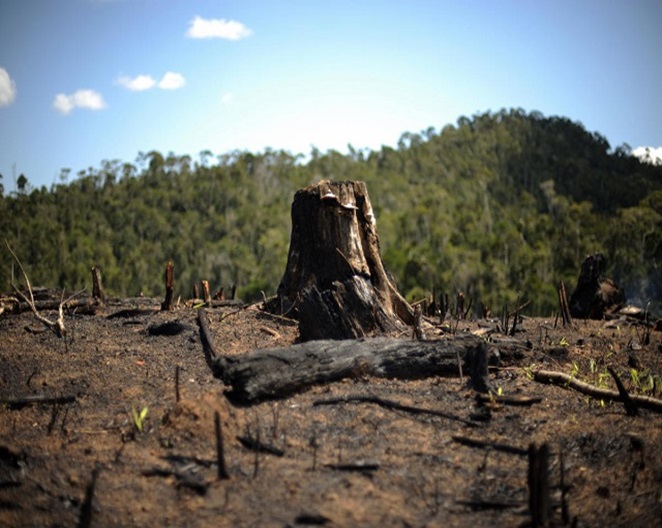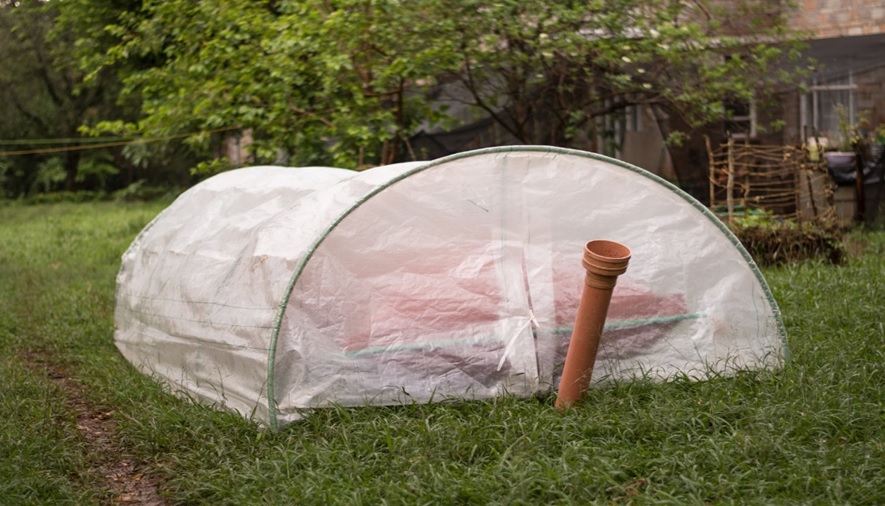- Have any questions?
- +256 750 878872
- info@paidhafm.com
COW DUNG: THE NEW CULT HELPING TO ACHIEVE CLIMATE JUSTICE IN RURAL WEST NILE

Gov’t discovers five new minerals in Greater Nebbi
September 23, 2024
UGANDA GOVERNMENT ADVISED ON EFFECTIVE PROCESS ON WOMEN EMANCIPATION
March 24, 2025
By Ronald Orachwun
33-year-old Anewa Rose and her family used to buy at least a sack of charcoal every month for cooking their meals. This is on top of cutting at least three trees to supplement her extended family’s monthly energy demands.
A peasant farmer and a resident of Atyenda East trading center in Zombo Town Council in Zombo district, Anewa is the sole bread winner with 12 other people under her care, including seven biological children, two aunties, an uncle and two other children of her longtime friend.
She spent not less than 140,000 shs on fuel alone for cooking minus other household needs like food itself, clothing, water, accommodation and medical care.
This energy demand to an average Ugandan in a typical rural setting of West Nile Sub region is way too expensive and is one major form of destruction to the environment which is currently leading to global warming and the current heat waves being experienced in most parts of the country.
“Generally, I would say life has not been fair to me in the recent past. First, my husband woke up one morning in May of 2022 and disappeared into thin air and no one knows where he is. He left me with seven children and some of his other relatives whom I’m struggling to feed. I have severally thought of sending some away to relieve me from some of the burden. It’s really hectic but what options do I have? The biggest challenge has been energy for cooking because I used to spend close to 150,000 shs every month in buying charcoal. With the meager money I get as a food seller, the money I spend on energy alone is making me look old for my age”, she said.
However, in the fight against global warming through climate smart cooking system, Anewa is among the few women in rural parts of West Nile who discovered magic through cow dung.
“I saw this trick when I was still in Kampala a few years back and since then, it has worked magic for me. The women from whom I saw this in Kyebando were saving a lot of money from using cow dung for cooking. What I used to spend monthly on energy drastically reduced by over half. So these days, I channel the money I was wasting on charcoal and firewood to my regular group savings account in our village. For the last two years, I use the savings to open at least either one or two acres of groundnuts garden every season and since then my savings are increasing everyday”, she said.
She is not the only woman in rural communities in Uganda’s West Nile region who have discovered that cow dung can actually be used for fuel as part of climate justice, resilience and adaptation.
By the end of my field trips, I spoke to at least five other women involved in this practice.
The making of cow dung as source of fuel.
Every day, with bare hands, Anewa in the company of at least three of her female children collects close to 20kg of fresh cow dung. The cow dung is collected in nearby areas where cows move on free range system of grazing including; Ajere, Atyenda in Zombo Town Council, Zale in Zeu Sub County and in Athuma and Alangi Sub Counties.
“We collect fresh cow dung from different places and bring them in one basket. Many times, we mix the cow dung with charcoal dust only. But sometimes we include small pieces of dry grass and most times we use either black jack, cassava leaves, or even leaves of maize or beans to enhance the burning performance by increasing the energy density. Later, we use our bare hands to mould the dung into wet briquettes in the size of a normal orange fruit and then allow the briquettes to dry for at least a day or two depending on the magnitude of sun heat. After drying, I then pick about three pieces of the dry cow dung briquettes and include them together with some little charcoal and light the charcoal stove. So because even the cow dung is made of grasses that the cows eat, it comes with some little smoke which burns for about five minutes and then subsides. If the heat capacity is going down, I add another briquette and some little charcoal dust. But my cooking goes on uninterrupted. This magic has saved me a lot of money which I would have wasted on buying charcoal”, she said.
Briquettes for cash
Some of her neighbors are less enthusiastic, at least for the first time.
“Most of the people who come around including my neighbors gave me all sorts of names. Some fear the smell of cow dung. But we got used to that kind of life. I gradually sold to them the idea over time especially the benefits I get including the money I usually save and invest in my gardens and our contributions to the conservation of the environment by not cutting down trees. Some started picking interest”, she said.
Anewa currently sells four to five cow dung briquettes for 1,000 shs to the same people who mocked her idea.
She has also trained her children with the knowledge of making the briquettes as a side income to supplement the family’s daily expenditures to lessen the burden on her as the sole bread winner in the home.
Experts speak out.
A 2018 report by Uganda’s Ministry of Energy and Mineral Development indicates that 85% of all households in the country’s West Nile Sub region use firewood, charcoal and timber as their primary source of energy. This accounts for 28.6% of the tree cover being destroyed for wood fuel and also lost to activities like Charcoal burning, which is directly contributing to the increase in the greenhouse gases thereby greatly affecting the climatic outlook of the region.

Charcoal burning is one of the major causes of forest depletion
Also, Uganda has the worst rate of forest degradation across all five East African countries. According to the National Forestry Authority (NFA), more than 73,000 hectares of private forest are cleared every year and more than 7,000 hectares of protected forest reserves are destroyed annually for timber and charcoal. Uganda’s rapid population growth rate of 3% also means that demand for wood products is growing faster than expected.
“The figures never lie. West Nile has been making headlines in terms of destruction to the forest cover through illegal logging for the last ten years, including prominent government officials who pretend to be untouchable but turn their anger on the innocent environment. Some of them are involved in illegal commercial charcoal burning at the expense of the environment. As far as I can estimate, close to over 8,000 bags of charcoal leave West Nile region quarterly. You go to Karuma and also Pakwach you will know what I’m talking about. Look at the bush burning taking place every year. Almost all the districts in West Nile whether government structures or traditional set ups have laws against bush burning, but you see the major problem is that little effort isbeing made to recover the lost vegetation.
One thing I’m proud of is that people are now seeing sense in cow dung for energy as a traditional or indigenous community knowledge on environmental conservation to address climate change”, said William Amanzuru from Friends of Zoka, a non-governmental organization founded as a pressure group to save Zoka Forest Reserve in Adjumani in 2016.
It took me two hours on a bike to trace Jamila Ayikoru, a mother of two who is another person changing the narrative in environmental conservation and climate justice.

She is a resident of Degia village, Ogoko Sub County in Madi Okollo district, an area where a number of residents depend on Ajai Game reserve, a protected area for wood fuel.
“I normally pick one basin of charcoal dust and mix it with half a basin of loam soil. If I want, I can still mix two basins of charcoal dust and a basin of soil because I have been keeping all the charcoal dust recently. Then I pour water to the mixture until I mould briquettes in the size of an egg or the size of a lemon juice which can fit in a medium size charcoal stove. Sometimes I include small leaves of potatoes, maize or leaves of beans or even lawn grass to the briquettes to increase the burning sensation. Then I allow it to dry which process normally takes just one day. What happens is that my first round of cooking is done with the usual charcoal but then I add some little more charcoal and include at least three or four pieces of the dried briquettes. This whole new arrangement is very convenient because the heat produced by the briquettes is so much that I only add very little charcoal and continue with my normal cooking. It is even more convenient because I don’t see any smoke when I’m cooking”, she said through a translator.
Waste management
William Amanzuru from Friends of Zoka appreciates the fact that community members in rural West Nile region have become cognizant of climate change and its effects and are doing all it takes to preserve the environment.
“People have opened their eyes to the fact that climate change is real and what is left for us is more investment into what we call community knowledge based climate mitigation factors. What is the immediate thing we need to do as community when it comes to mitigating climate change? How do we manage waste? Where is the center of our waste management? Where is the center of our energy consumption rate and perhaps how do we tap into opportunities of energy provided by nature? So if all these questions are answered, you will understand that a section of our rural population are blessed with free energy but are deliberately destroying the environment and deserve to be penalized. For instance, you will wonder why women would start using mere cow dung for cooking. But cow dung is free of charge and the wise women among our rural population have found solace in cheaply using animal wastes to change their lives. How did that knowledge come about? That’s exactly where stakeholders need to invest more as we strive to fight global warming by avoiding the excessive cutting down of tress for charcoal or firewood. I really estimate that that we could save 60 to 70 percent of the environment if people adopt more use of animal wastes for energy purposes. Many people do not know that cow dung can be moulded to form briquettes that can dry and be used as an immediate alternative to charcoal for cooking. I have also seen the similar process being applied to soil which can be mixed with charcoal dust and moulded into briquettes depending on their sizes. I personally feel this knowledge is long overdue and government should take it up and promoted and used in each and every household. It could also be taken up for a larger industrial production. This for me will go a long way in stopping people from unnecessarily cutting down trees”, he said.
Use of biogas digesters in rural West Nile
A number of smallholder farmers in Uganda’s West Nile region have recently adopted digesters to turn organic waste including cow dung into biogas for cooking and lighting while also building climate resilience.
Your mind will ring straight to Margaret Atimango, 54 a peasant farmer from Parombo Sub County in Nebbi district who before the Food and Agriculture Organization of the United Nations installed a manure-fed Flexi Biogas digester in January 2021, would spend a lot of time collecting firewood in the neighboring villages to meet her home’s cooking needs.
Flexi Biogas – the process of producing energy by converting biological waste using a flexible above-ground system is offering mixed energy dividends for people in the rural parts of the region.
“My family has ten cows which we tie overnight. In the morning, we wake daily and collect their dung which we feed in the digester to help run it and has kept it busy. We also get the dung from neighbors because they have been quite positive whenever we ask. We really don’t run out of cow dung and so this is helping us a lot as far as energy for cooking is concerned.

Research findings by Twaweza Uganda titled “A burning planet? It’s already happening: Ugandan citizens’ opinions and experiences of the climate crisis shows that 57 percent of Ugandans are worried that the climate is getting worse.
Part of this population has mastered the art of biogas as cheap fuel for cooking as a way of addressing the climate change crisis.
But also United Nations Development Programme UNDP says the use of biogas has several benefits for rural communities. It reduces deforestation and soil erosion, which can lead to water pollution and the loss of biodiversity. It also increases agricultural productivity and food security, providing a source of income for rural households. Biogas can also reduce indoor pollution and related respiratory diseases, as it produces less smoke than traditional cooking methods.
By the year 2022, Uganda had 7,000 domestic biogas plants, according to the Uganda National Biogas Alliance, a development that is helping to preserve the environment from being destroyed for wood fuel and charcoal.
More than two billion people across the planet burn dried animal dung for energy. Particularly for low-income households, dung is a widely used fuel source, as it is freely available and accessible without payment. In areas where wood fuel is scarce, dung is also a commonly used fuel source. Besides limiting people from cutting down trees which would help to address negative climate change, women in rural areas are making a living by selling some of the briquettes to supplement their household incomes.

